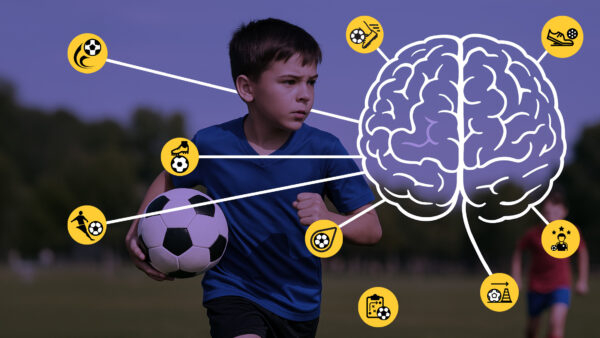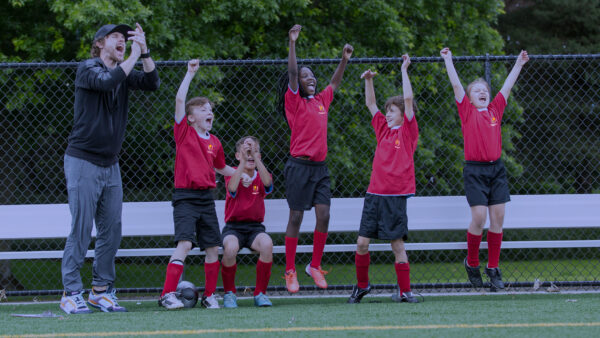A fun soccer match can quickly feel like a World Cup final when parents on the sidelines begin showing frustration and shouting instructions to their child on the field. While feeling passionate is natural, the way parents behave both on and off the field can have a lasting impact on a child’s confidence, enjoyment, and development in the sport.
In this article, we’ll explore how parent behavior can either negatively or positively influence their children’s experiences playing soccer. Through psychological research on the effects of pressure on children and the power of something called a growth mindset, we’ll unpack how you can best support your child’s soccer journey as a parent and as a coach.





